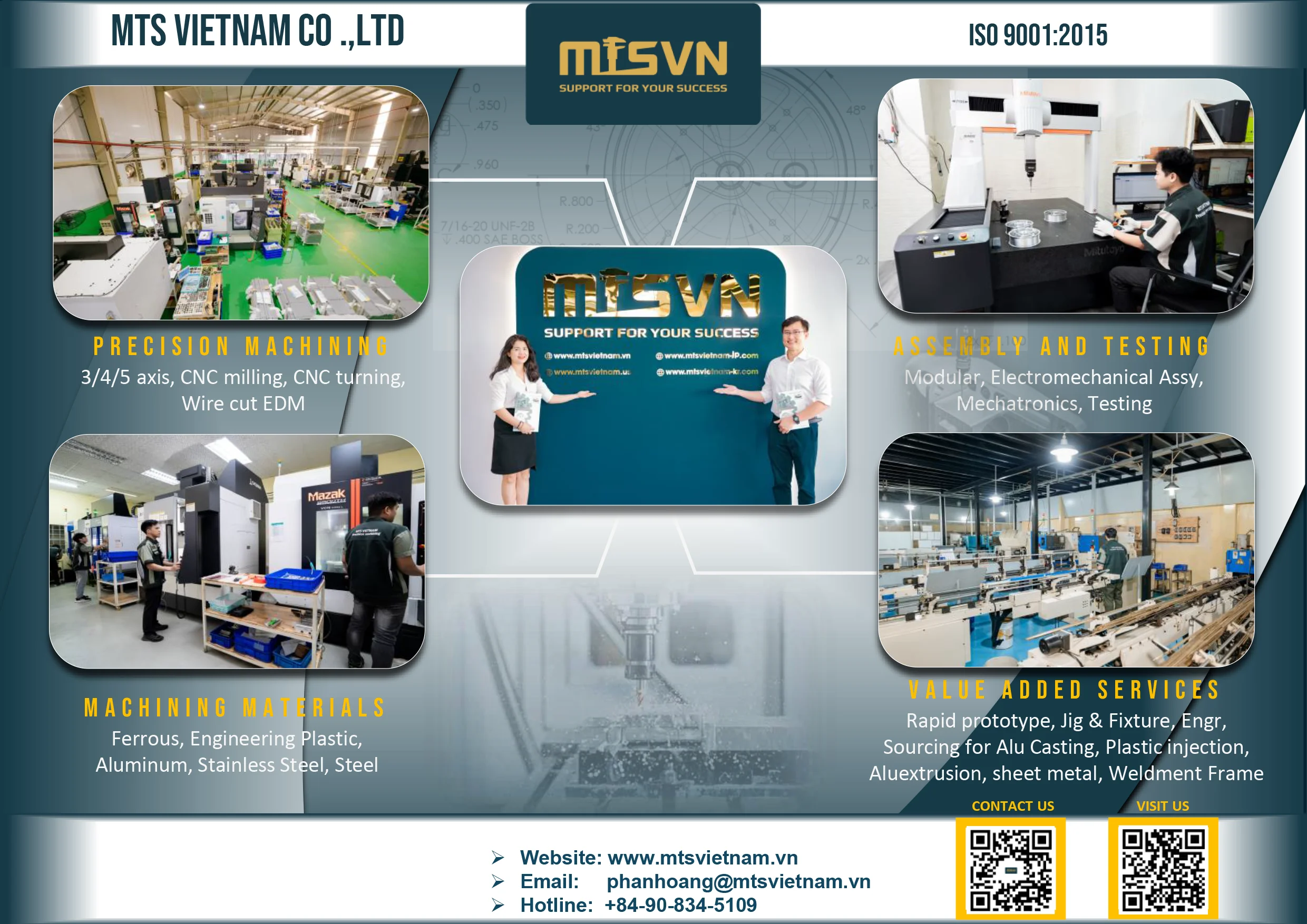Tight tolerances in precision mechanics are a cornerstone of modern engineering and manufacturing, underpinning the functionality and reliability of components across a myriad of industries, from aerospace and automotive to medical devices and consumer electronics. This article delves into the intricacies of tight tolerances, exploring their definitions, significance, challenges, and methodologies for achieving and measuring them in precision mechanics.
Understanding Tight Tolerances
At its core, a tolerance is the degree of variability permitted in the dimension of a part; it is the difference between the upper and lower limits of a dimension. In precision mechanics, these tolerances are particularly "tight," meaning the allowable range of deviation from the specified dimension is very small, often measured in micrometers (µm) or even nanometers (nm). Tight tolerances are critical in applications where the accuracy of a component's dimensions directly impacts its performance, safety, and overall functionality.
The Significance of Tight Tolerances
Tight tolerances are vital for several reasons:
- Interchangeability and Fit: They ensure that parts fit together precisely in assemblies, maintaining the functionality and integrity of the final product.
- Performance: Many mechanical systems require components to move together with minimal friction or play, necessitating tight tolerances to achieve desired levels of performance.
- Safety: In critical applications, such as aerospace and medical devices, tight tolerances are essential for safety, ensuring that components operate reliably under extreme conditions.
- Efficiency: Tight tolerances can improve the efficiency of mechanical systems by reducing material wastage and energy consumption.
Challenges in Achieving Tight Tolerances
Achieving tight tolerances presents several challenges:
- Material Properties: Materials can expand, contract, or deform due to temperature changes, stress, or other environmental factors, affecting the final dimensions of a component.
- Manufacturing Techniques: The precision of manufacturing techniques, such as CNC machining, EDM, or injection molding, directly impacts the ability to achieve tight tolerances. Each method has its limitations and requires careful optimization.
- Measurement and Inspection: Measuring parts with tight tolerances requires sophisticated metrology equipment and techniques. The accuracy of these measurements is crucial for verifying that parts meet their specified tolerances.
Achieving Tight Tolerances
Several key strategies and technologies are employed to achieve tight tolerances in precision mechanics:
- Advanced Manufacturing Technologies: CNC machining, EDM, and laser machining offer high precision and repeatability. Continuous advancements in these technologies enable even tighter tolerances.
- Material Selection and Treatment: Choosing materials with stable properties and applying treatments like annealing or stress relieving can minimize dimensional changes during and after manufacturing.
- Precision Tooling: High-quality tooling with minimal wear and tear is crucial for maintaining dimensional accuracy during production.
- Temperature and Environmental Control: Manufacturing and measurement environments are often temperature-controlled to reduce the impact of thermal expansion on material dimensions.
- Quality Control Processes: Implementing rigorous quality control processes, including in-process inspections and statistical process control (SPC), helps ensure consistency and accuracy in manufacturing.
Measuring Tight Tolerances
Accurate measurement is as critical as the manufacturing process itself in precision mechanics. Several advanced metrology tools and techniques are employed:
- Coordinate Measuring Machines (CMMs): CMMs can measure the geometry of physical objects by sensing discrete points on the surface with a probe.
- Optical and Laser Scanners: These non-contact measurement systems can rapidly capture the dimensions of complex shapes and surfaces.
- Micrometers and Calipers: For less complex measurements, precision micrometers and calipers provide high accuracy.
The Future of Tight Tolerances
The demand for tighter tolerances is growing as industries push the boundaries of technology and performance. Innovations in materials science, manufacturing technologies, and metrology will continue to drive the capability to achieve and measure tighter tolerances. Additionally, advancements in computational design and simulation will help engineers predict and mitigate the challenges associated with tight tolerance designs before manufacturing, saving time and resources.
Conclusion
Tight tolerances in precision mechanics represent a critical aspect of modern manufacturing, requiring meticulous attention to detail in every phase, from design through production and quality control. As technology advances, the pursuit of ever tighter tolerances will undoubtedly continue, propelled by the relentless drive for higher performance, safety, and efficiency in engineering applications. The challenges are significant, but the rewards of overcoming them are seen in the extraordinary capabilities and reliability of today's mechanical systems and components.
MTS Vietnam is a prominent company specializing in precision mechanical components fabrication. Established in 2017, it has quickly become a reputable name in the Vietnamese and Southeast Asian markets. The company's expertise lies in CNC milling and turning parts made from a variety of materials, including Aluminum, Steel, Stainless, POM, and other engineering plastics. MTS Vietnam is dedicated to supporting the success of its customers and strives to be a leading company in the field of precision mechanical processing both in Vietnam and internationally.
In addition to its fabrication services, MTS Vietnam offers assembly services for components and machines, as well as CNC program services. This comprehensive range of services is aimed at providing optimal solutions and benefits to its customers through the company's ecosystem and strengths. MTS Vietnam emphasizes the importance of investing in new technology and quality control equipment to ensure that it can deliver merchandise at competitive prices and within the required deadlines.
WORKSHOP: 248/10 ĐT743A Street, Binh Thung 1 Quarter, Dong Hoa Ward, Ho Chi Minh City, Vietnam
Tel/zalo/viber: 0908.345.109
Email: phanhoang@mtsvietnam.vn | info@mtsvietnam.vn
Website: www.mtsvietnam.vn (Global Market) | www.mtsvietnam-jp.com (日本)
For USA Sales, please contact MTS USA at:
Tel/zalo/viber: 978-777-1716
Email: sales@mts-usasales.com
Website: www.mtsvietnam.us (US Market)







